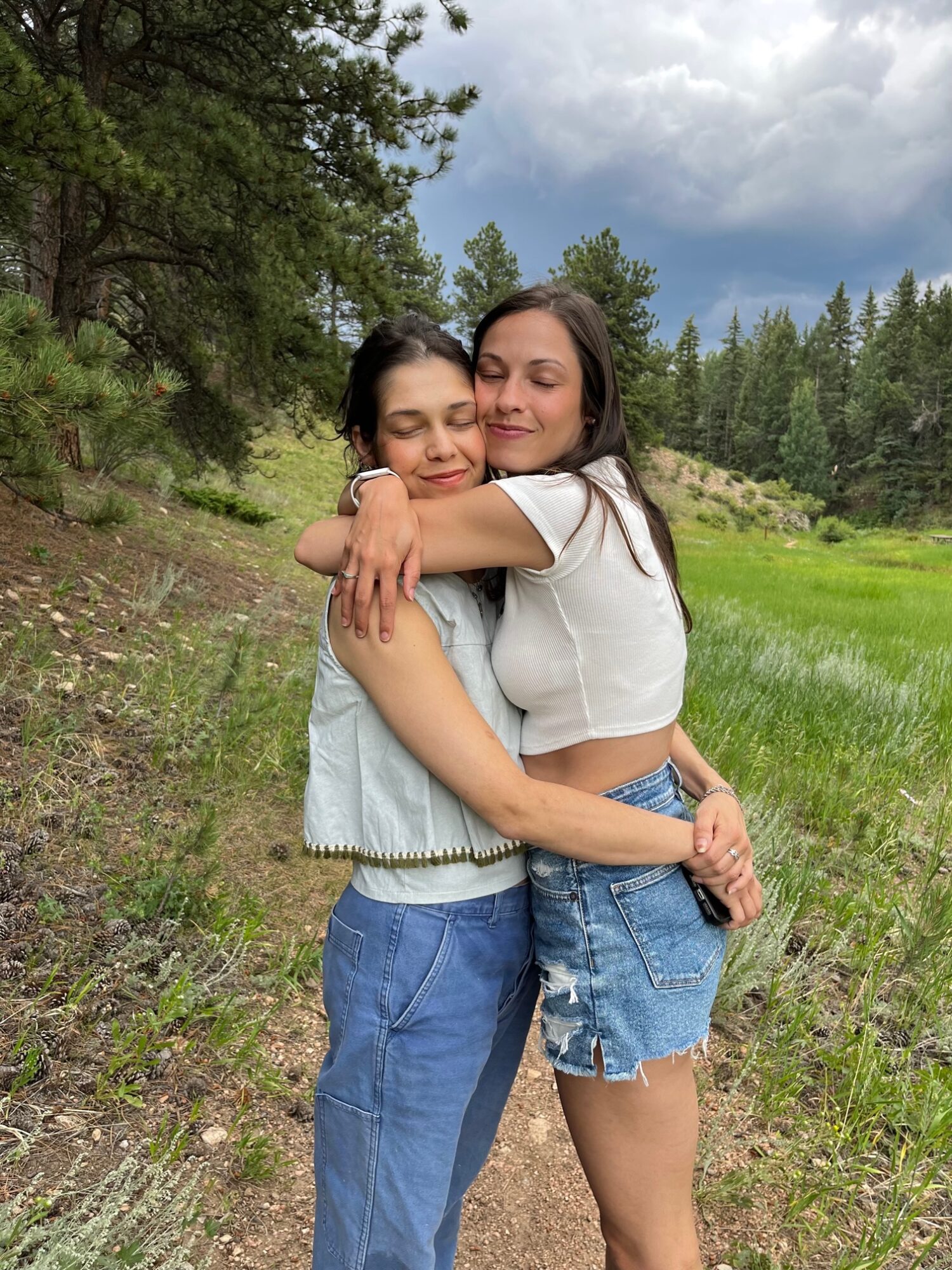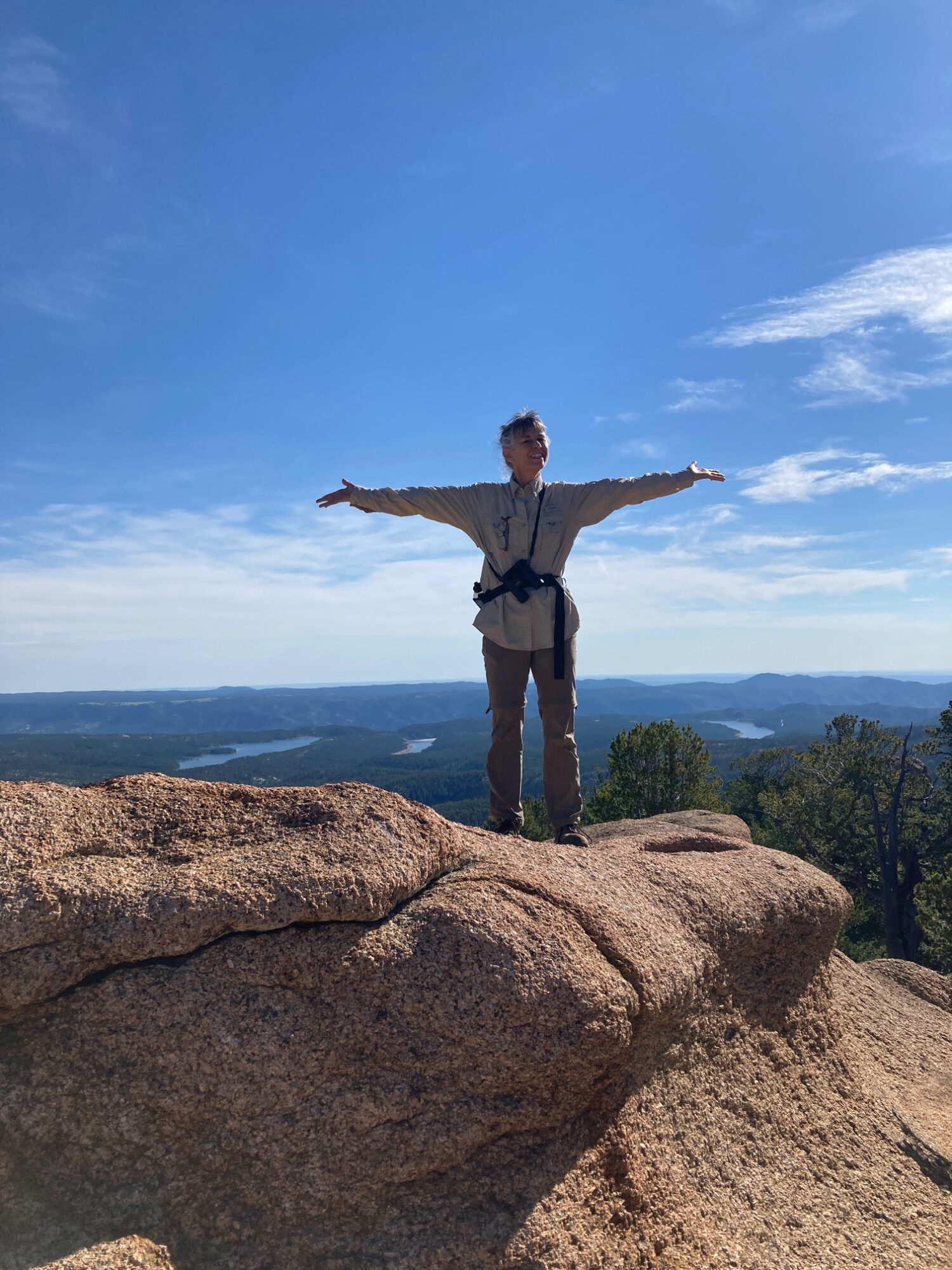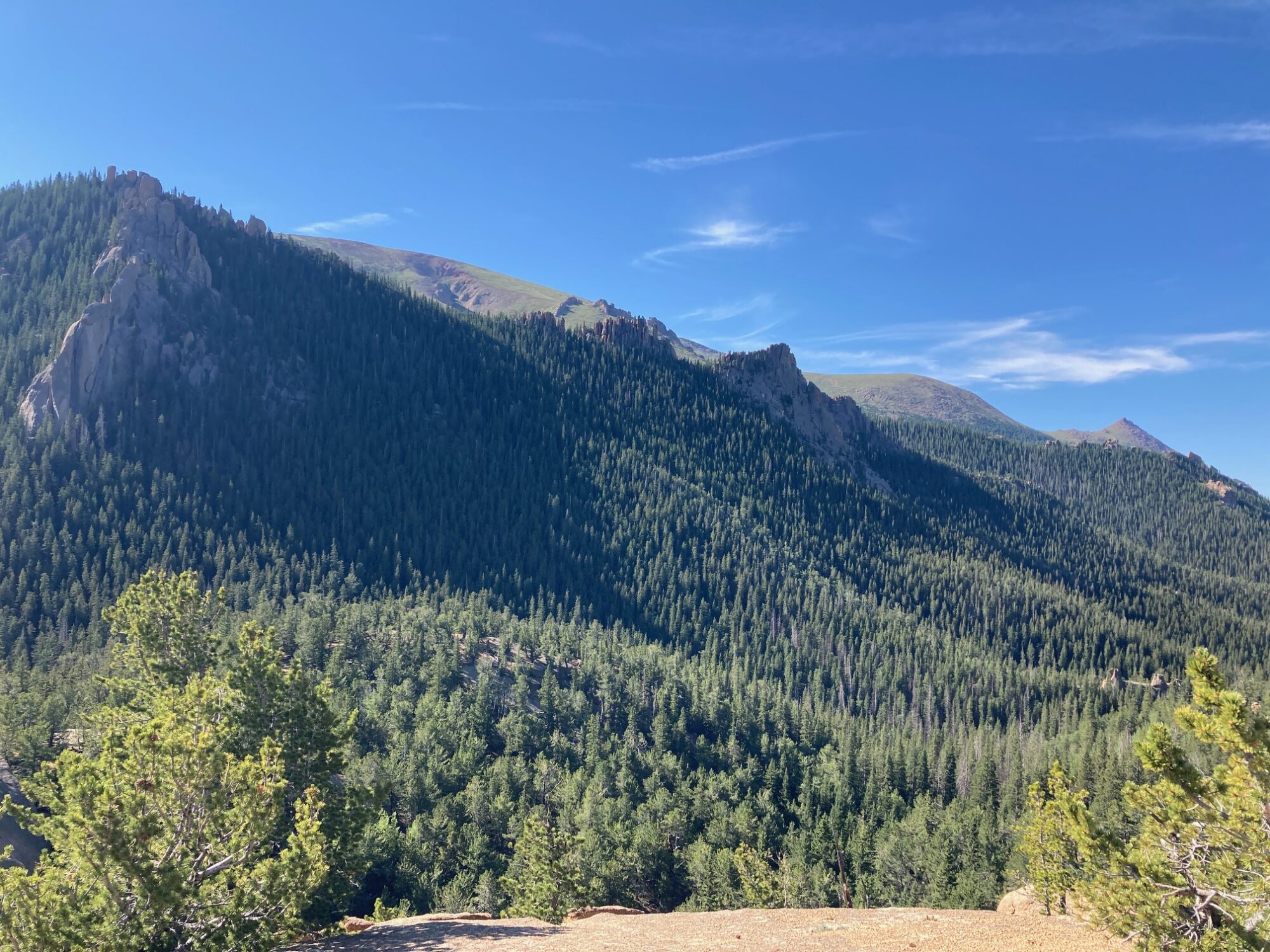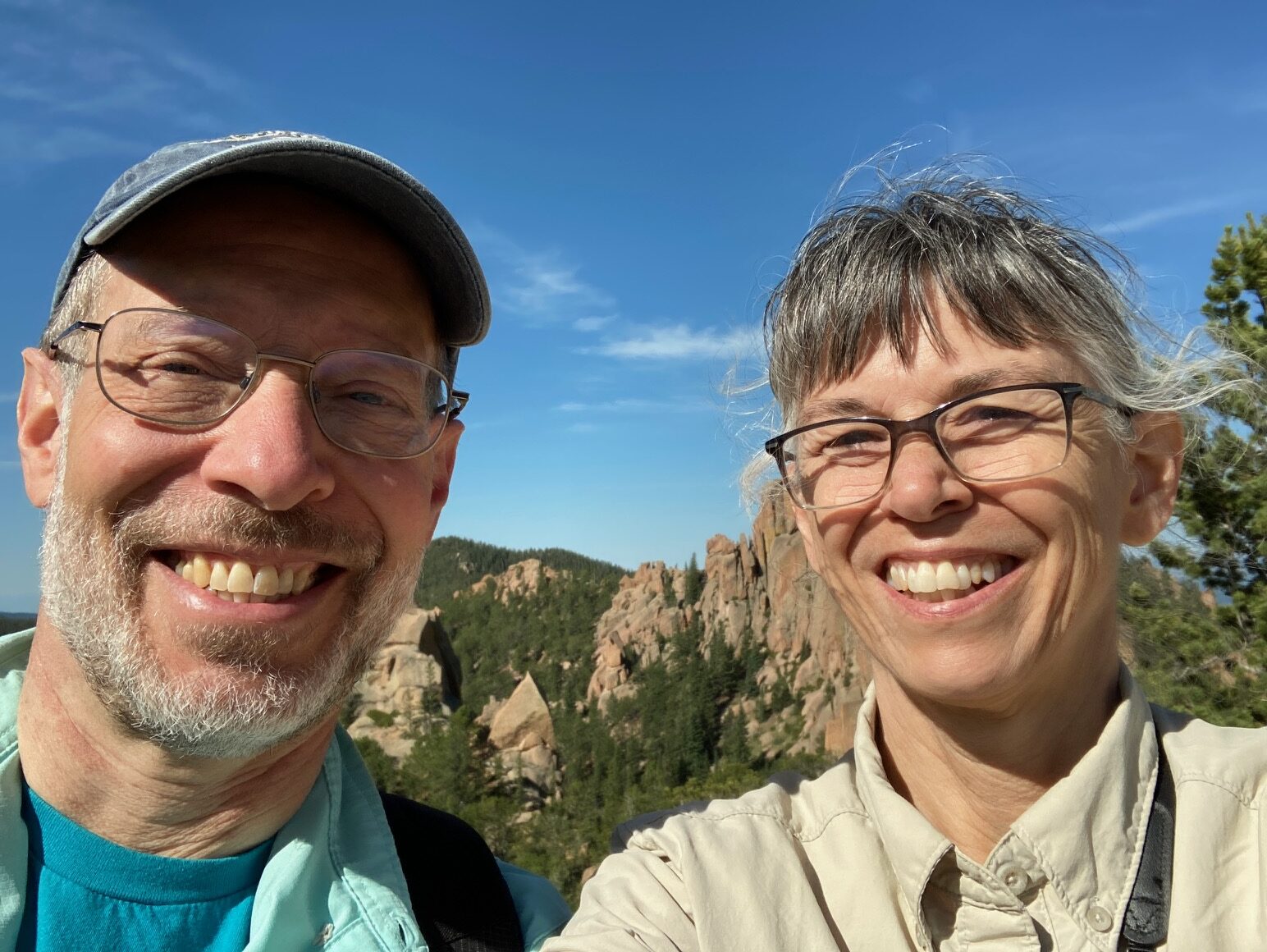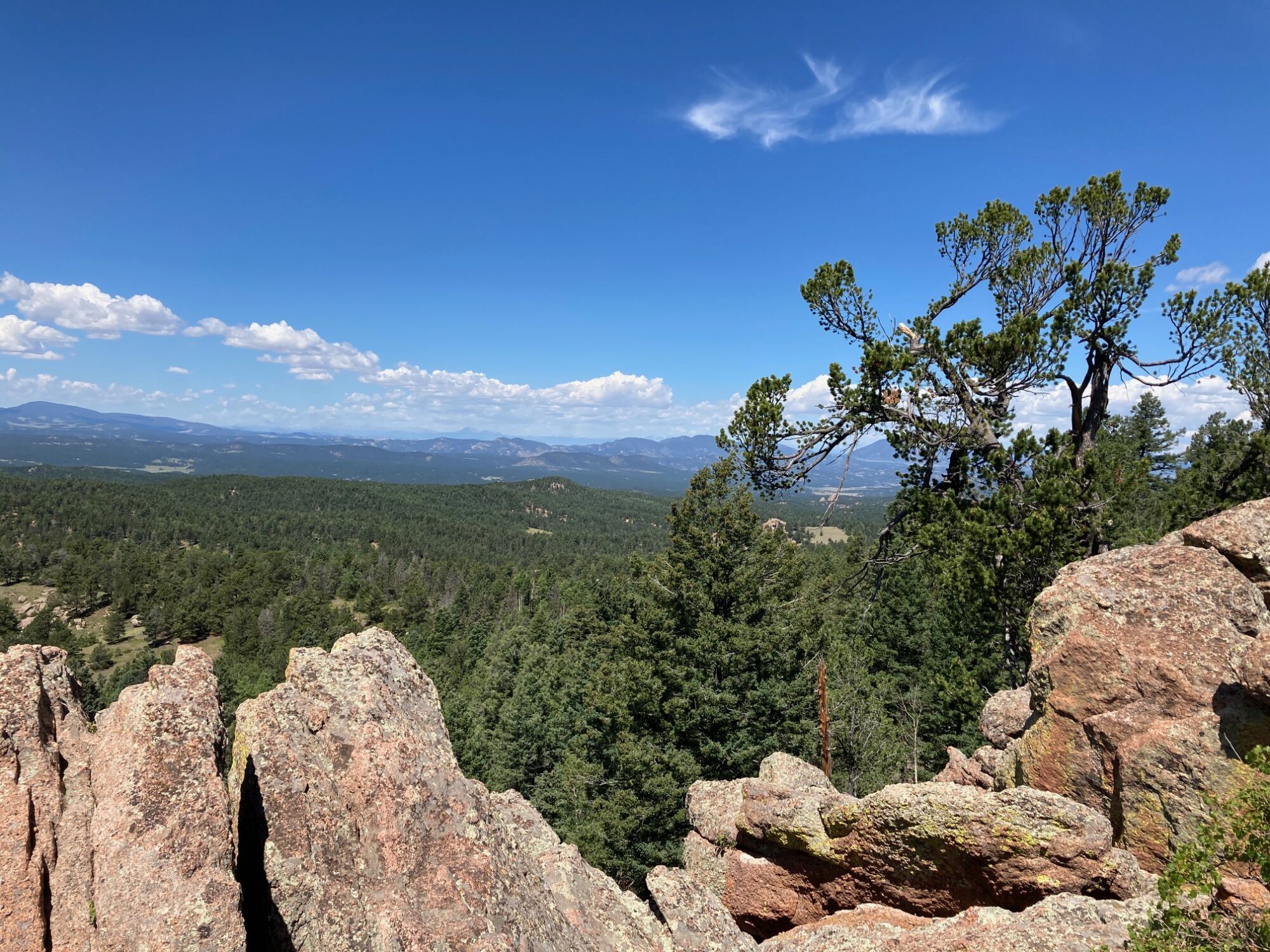I have little to say professionally this week, but I have been thinking a good deal about a great many things. So, I’m double-dipping on musings . . . .
On Monday of this week, after a busy weekend in Brooklyn visiting Alex, our older daughter, Nancy and I accompanied Alex back to Tennessee for some midweek events here honoring Nancy. Alex is still in pretty rough shape and could not have traveled alone.
We were flying out of Newark and were scheduled to leave at 2:30 for a nonstop flight back to Nashville. But even as we were driving to the airport, I could see thunderheads forming to the west, piling on top of one another, like hulking gray boulders in the sky. I figured we would be fortunate to get out on time. Hah! Little did I know . . . .
We boarded, taxied, stopped, waited, waited some more, waited a whole lot more. Eventually, we taxied back to the gate, and eventually after that, we were allowed to deplane into the terminal so that we could get food, use the restrooms, stretch our legs, etc. By now, it was 5:00. Again, Nancy and I were traveling with our daughter who has cancer, who is weakened by treatments and generally exhausted. This was already going to be a long, trying day for her. Now it was getting worse.
An hour passed. And then another. The storms finally moved through, leaving the sky fiery and gorgeous. We were allowed to board again, told we would finally be leaving. We taxied, stopped, waited. Again.
We took off at 8:30, six hours late, and by the time we arrived, got our luggage, got the car, situated Alex, and drove the 90 miles from Nashville Airport to our house, didn’t get home until close to midnight. Too long a day. Too tiring. Too stressful. And yet . . . .
We are fine. Alex was tired the next day and had some relatively minor, unexpected issues crop up. But we got through the day in good spirits and in good shape. This musings post, though, isn’t about us. Not really, at least.
You see, the storms that stopped our flight from leaving, grounded every flight out of Newark, indeed out of all three New York airports (and also out of Boston’s Logan and others across the Northeast). When we returned to the gate after our initial attempt to leave, we found the terminal packed with people, all of them in the same situation we were in. I went searching for food and wandered far and wide, trying to find the exact thing our poor girl wanted to eat.
Not once did I see anyone complaining. Nor did I see anyone being nasty or berating gate agents or losing their patience with the crowds of fellow passengers. People were smiling, laughing, striking up conversations with strangers, playing with their kids, talking to their travel companions. You never would have known that every one of them had been inconvenienced for hours.
As I said, this was Monday. September 11. And I was reminded of that terrible day twenty-two years ago, and of the days after, when New Yorkers and New Jerseyans and Washingtonians and Pennsylvanians drew together in the wake of tragedy, treating one another with kindness and courtesy, with compassion and humanity. This year’s September 11th was a far easier, gentler day. We were delayed; we weren’t confronted by evil. But the same spirit of cooperation and good humor suffused our experience.
I’ve lived in the Southeast for more than thirty years now. And still, when I tell people that I’m originally from New York, I am often told how unfriendly people are up there, or how fortunate I am to live among the welcoming communities of the South.
And in some ways I am fortunate. Nancy and I have had a wonderful life in our little blue corner of Tennessee.
But let’s be very clear: In my experience, New Yorkers are no less friendly than Tennesseans, they are no more prone to rudeness, they are no less considerate, they are no less community-minded. In many respects, they are MORE considerate of others, more accepting of people on their own terms, more inclined to go out of their way in service to the well-being of those around them. I have lived in New York and New England, California and the South. No region has a monopoly on courtesy. No region has a monopoly on ill-mannered boors.
And for those who believe the New York metro area is populated by unfriendly, unrefined jerks, think again. Need proof? Spend a flight delay among the region’s people.
Enjoy the rest of your week.









 The news of Jimmy Buffett’s death this past weekend, hit me surprisingly hard, and I am still trying to figure out why. Buffett, the “Roguish Bard of Island Escapism,” as the New York Times called him in an online obituary, was a strong musical presence in my life. I have been listening to his music for more than four decades, I own a bunch of his albums, and over the years I have learned to play many of his songs on my guitars (none of them is particularly difficult to master). But the truth is, if asked to name my top five or top ten or even top twenty-five favorite bands and musicians, he probably wouldn’t make it onto any of those lists. So why do I feel as though I’ve lost a friend?
The news of Jimmy Buffett’s death this past weekend, hit me surprisingly hard, and I am still trying to figure out why. Buffett, the “Roguish Bard of Island Escapism,” as the New York Times called him in an online obituary, was a strong musical presence in my life. I have been listening to his music for more than four decades, I own a bunch of his albums, and over the years I have learned to play many of his songs on my guitars (none of them is particularly difficult to master). But the truth is, if asked to name my top five or top ten or even top twenty-five favorite bands and musicians, he probably wouldn’t make it onto any of those lists. So why do I feel as though I’ve lost a friend?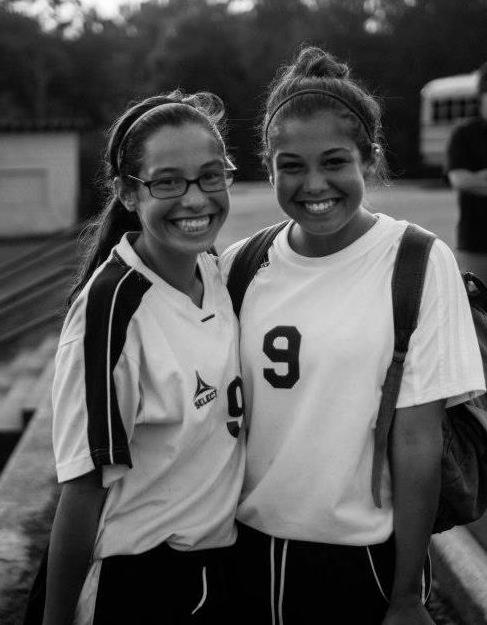 My mind has been on Title IX again over the past month, as Nancy and I (and our daughters, while we were all together in Colorado) watched the Women’s World Cup. Soccer has long been a very big deal in our household. Our daughters grew up playing, first in weekend league soccer and then through middle school and high school. Both of them were accomplished players. Both of them continue to love the sport. And so we all look forward to the World Cup — men’s and women’s — the way we look forward to holidays and birthdays.
My mind has been on Title IX again over the past month, as Nancy and I (and our daughters, while we were all together in Colorado) watched the Women’s World Cup. Soccer has long been a very big deal in our household. Our daughters grew up playing, first in weekend league soccer and then through middle school and high school. Both of them were accomplished players. Both of them continue to love the sport. And so we all look forward to the World Cup — men’s and women’s — the way we look forward to holidays and birthdays.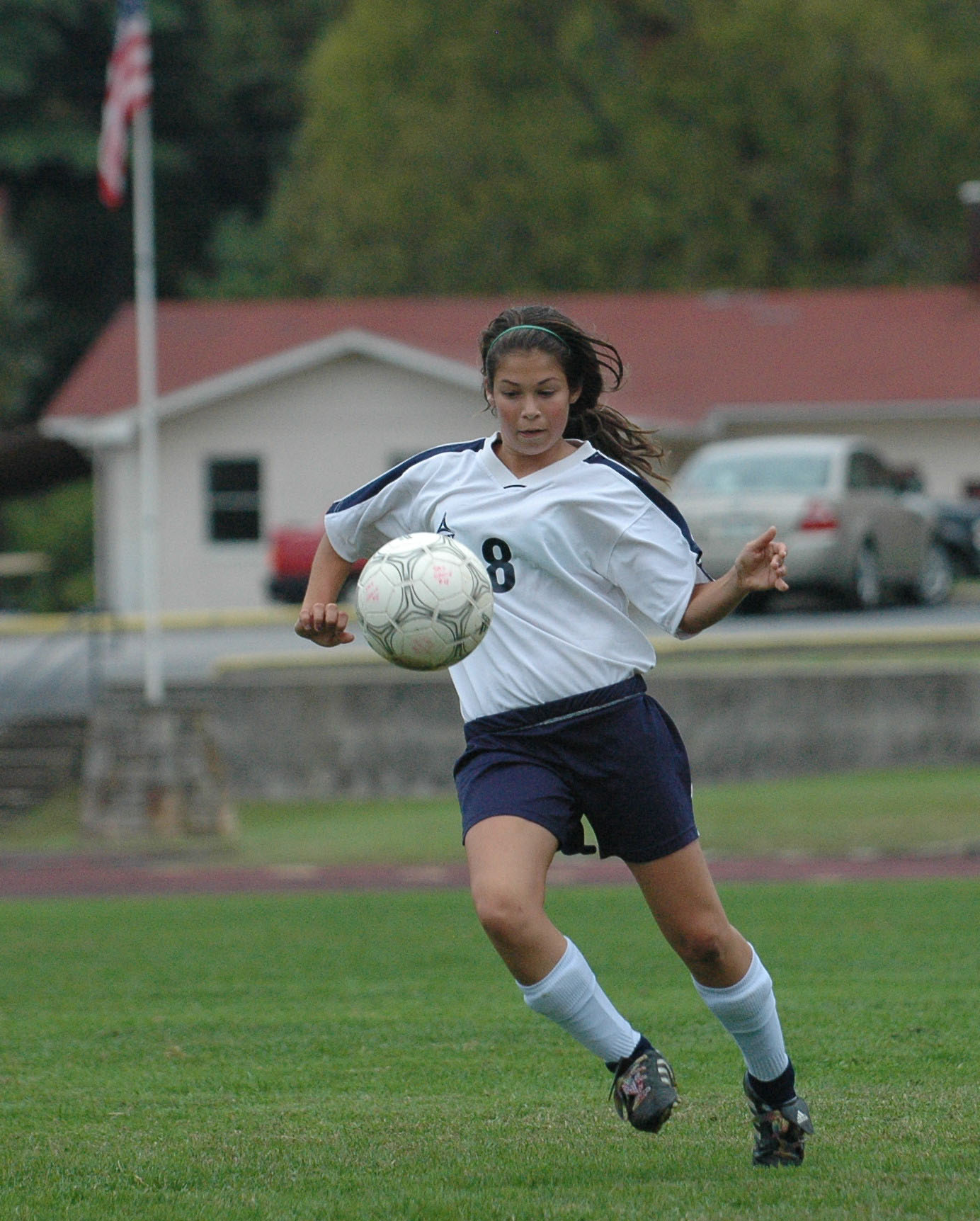 World Cup soccer — men’s and women’s — begins with what is called group play. The field of thirty-two is divided into eight groups of four. Each group plays among themselves, three matches for each team, and they get three points for a win, one point for a draw, and none for a loss. The two teams with the best record from each group advance to the knockout stage, so called because there are no ties, and the loser of each match is knocked out of the competition.
World Cup soccer — men’s and women’s — begins with what is called group play. The field of thirty-two is divided into eight groups of four. Each group plays among themselves, three matches for each team, and they get three points for a win, one point for a draw, and none for a loss. The two teams with the best record from each group advance to the knockout stage, so called because there are no ties, and the loser of each match is knocked out of the competition. Despite American disappointment, these developments actually constitute incredibly good news for women’s soccer around the world. Title IX paved the way for the U.S. women to become a dominant team, and in many European nations, where traditional football is THE sport, women’s teams have access to facilities and funding. But in other places this is simply not the case. The Jamaican woman faced so many financial hardships in their preparation for this year’s Cup that they literally had to rely on crowdfunding in order to participate.
Despite American disappointment, these developments actually constitute incredibly good news for women’s soccer around the world. Title IX paved the way for the U.S. women to become a dominant team, and in many European nations, where traditional football is THE sport, women’s teams have access to facilities and funding. But in other places this is simply not the case. The Jamaican woman faced so many financial hardships in their preparation for this year’s Cup that they literally had to rely on crowdfunding in order to participate.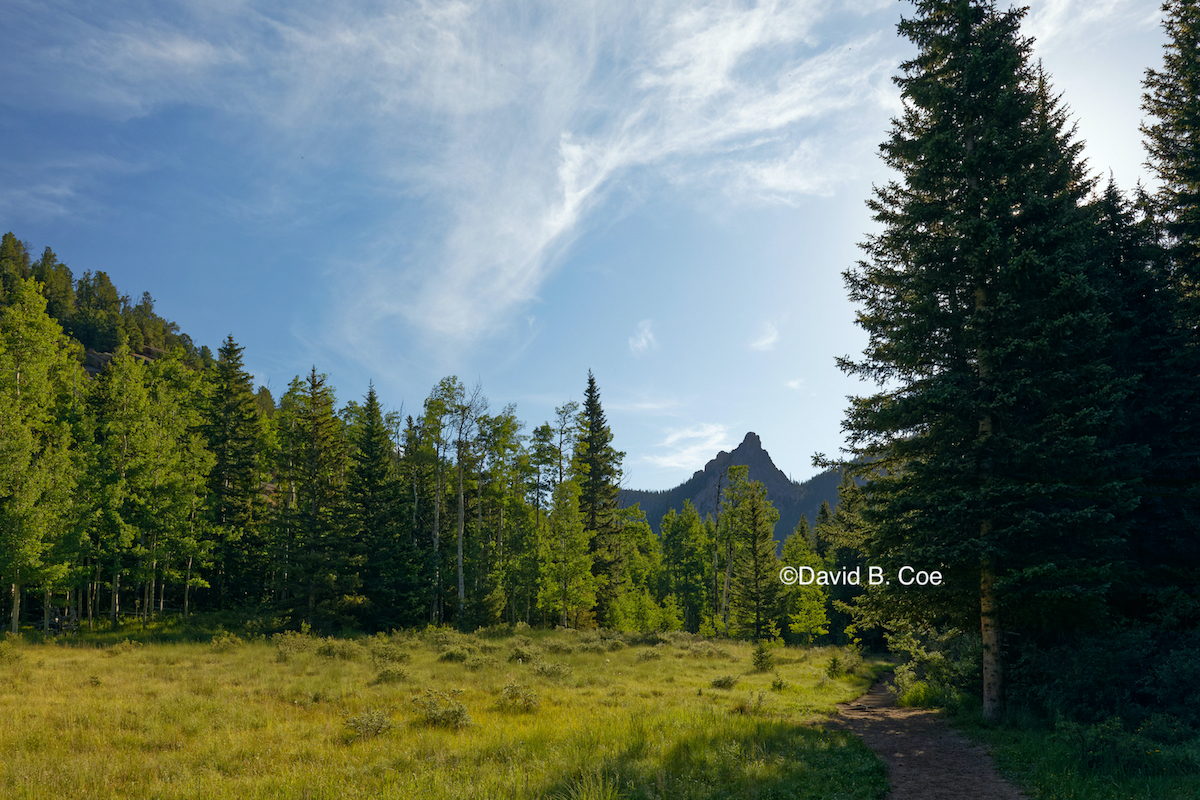 I spent this past weekend going through my photos, processing the images, and selecting a few to put in a rotation of favorites that show up on my computer desktop and in my screensaver slide show. And as I work through these images, I have been thinking about photography in general and where the technology that is now available to photography hobbyists has taken us.
I spent this past weekend going through my photos, processing the images, and selecting a few to put in a rotation of favorites that show up on my computer desktop and in my screensaver slide show. And as I work through these images, I have been thinking about photography in general and where the technology that is now available to photography hobbyists has taken us.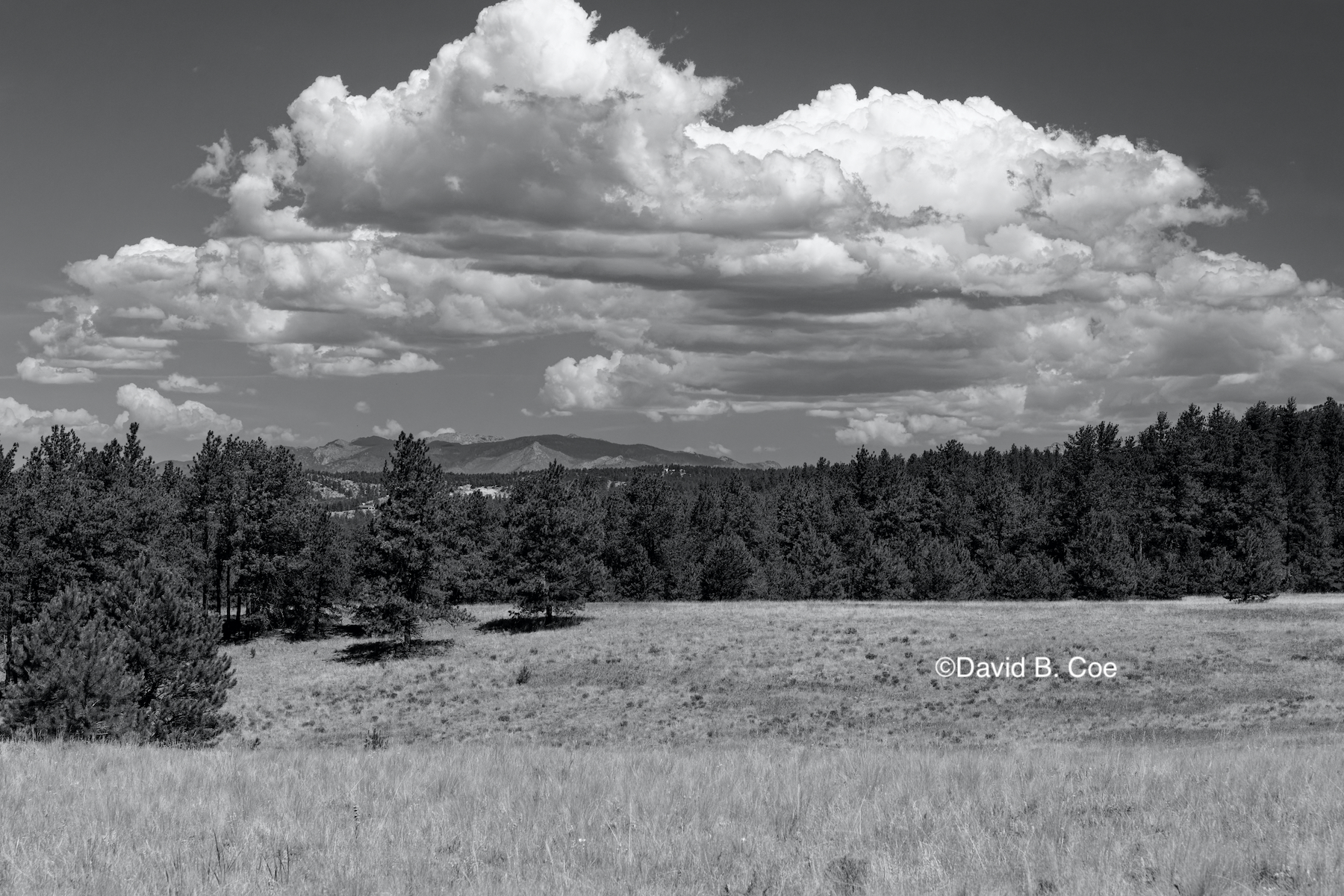 Some stores and processing centers were willing to consider special instructions — “please over- (or under-) expose slightly” or some such. But to be honest, I wasn’t good enough at that point to know with confidence that ALL my images would need the same special treatment, and so I just sent my film in and hoped for the best. More often than not, I was disappointed.
Some stores and processing centers were willing to consider special instructions — “please over- (or under-) expose slightly” or some such. But to be honest, I wasn’t good enough at that point to know with confidence that ALL my images would need the same special treatment, and so I just sent my film in and hoped for the best. More often than not, I was disappointed.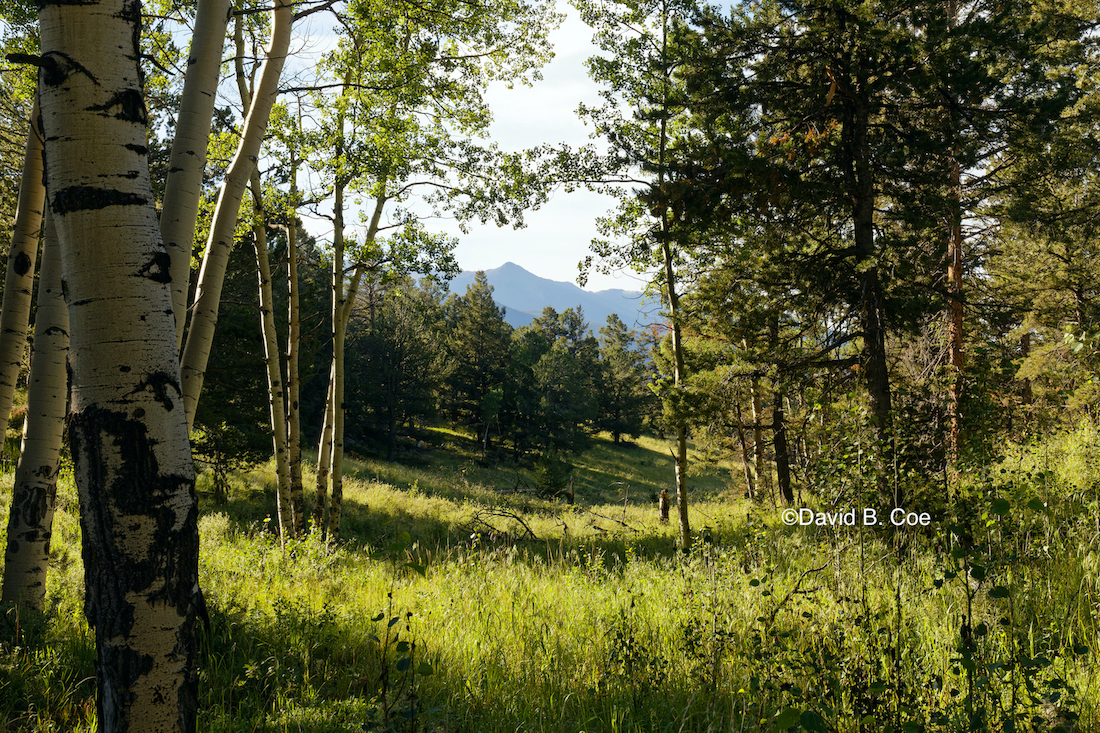 Knowing what I do about the history of photography, I now understand how strange that consumer film process actually was. The old masters of photography — Edward Weston, Alfred Stieglitz, and most notably Ansel Adams did not leave it to Kodak or Fujifilm or any other commercial entity to develop their images. They held fast to every step of the creative process, from image capture to production of the final print. Photography as an art form was not limited to a mechanical blink of creative inspiration. Rather, it relied upon a complex and time-consuming manipulation of that initial capture, to turn the photo into exactly what the artist envisioned. Adams in particular used an approach he called “dodge and burn,” relying on a masterful understanding of darkroom tools and chemicals to darken certain parts of an image and brighten others. He and his contemporaries would never have dreamed of placing themselves at the mercy of film development labs.
Knowing what I do about the history of photography, I now understand how strange that consumer film process actually was. The old masters of photography — Edward Weston, Alfred Stieglitz, and most notably Ansel Adams did not leave it to Kodak or Fujifilm or any other commercial entity to develop their images. They held fast to every step of the creative process, from image capture to production of the final print. Photography as an art form was not limited to a mechanical blink of creative inspiration. Rather, it relied upon a complex and time-consuming manipulation of that initial capture, to turn the photo into exactly what the artist envisioned. Adams in particular used an approach he called “dodge and burn,” relying on a masterful understanding of darkroom tools and chemicals to darken certain parts of an image and brighten others. He and his contemporaries would never have dreamed of placing themselves at the mercy of film development labs.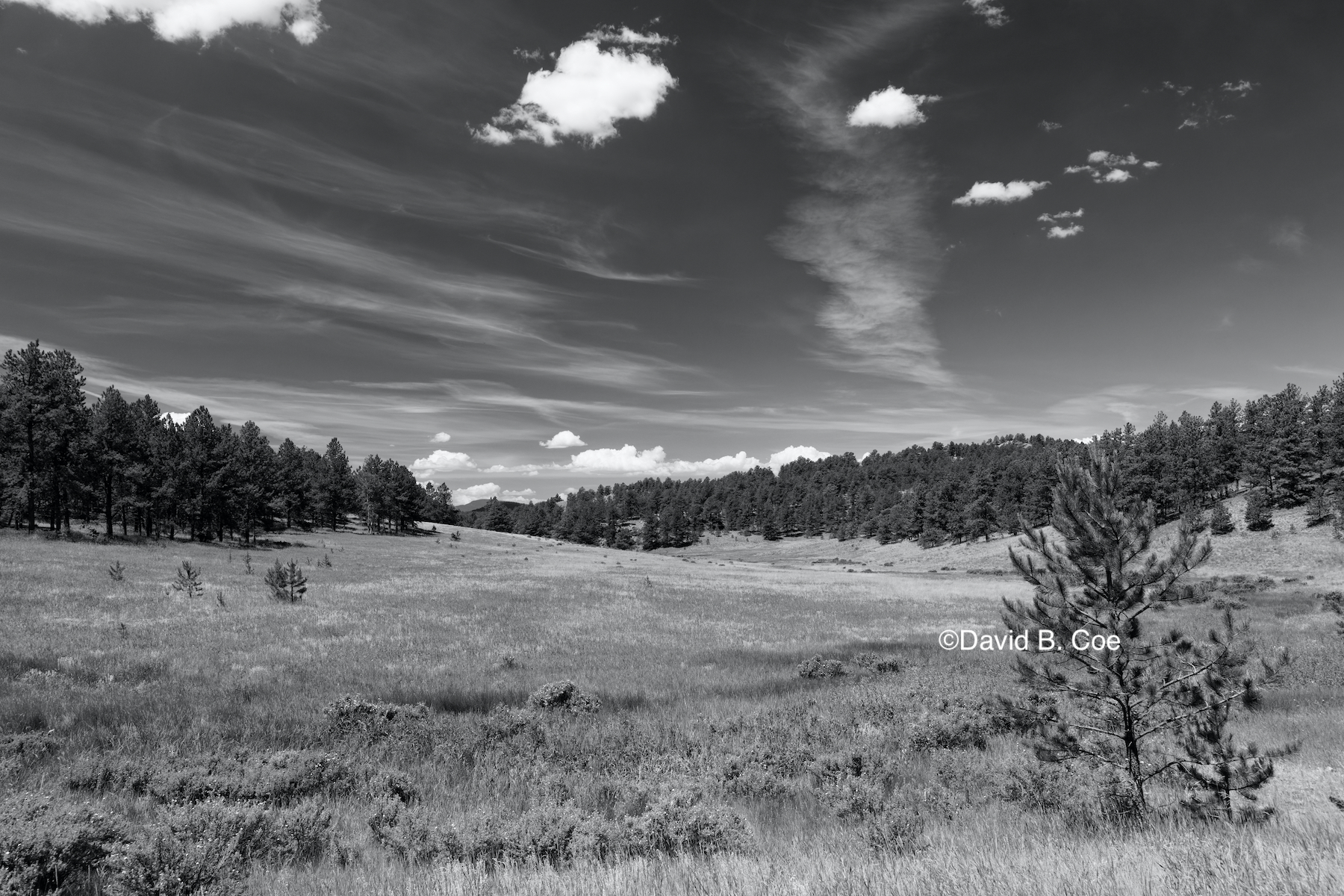 More, I no longer have to decide before going out in the field what sort of film to use. I can take an image that I know will work in color and follow it up immediately with one that I know I’ll prefer in black and white. Converting an image from color to grayscale is as simple as clicking a box. I love that freedom.
More, I no longer have to decide before going out in the field what sort of film to use. I can take an image that I know will work in color and follow it up immediately with one that I know I’ll prefer in black and white. Converting an image from color to grayscale is as simple as clicking a box. I love that freedom.